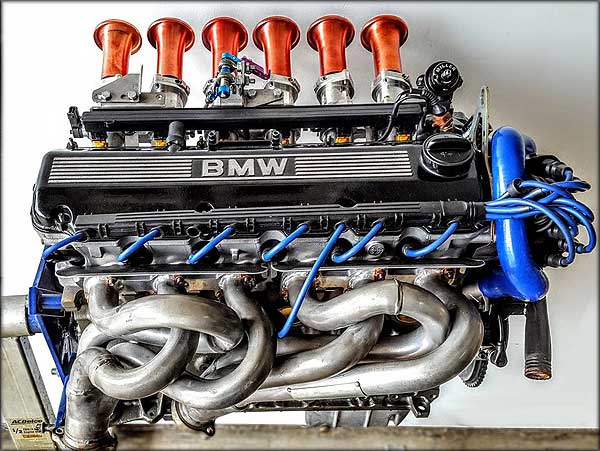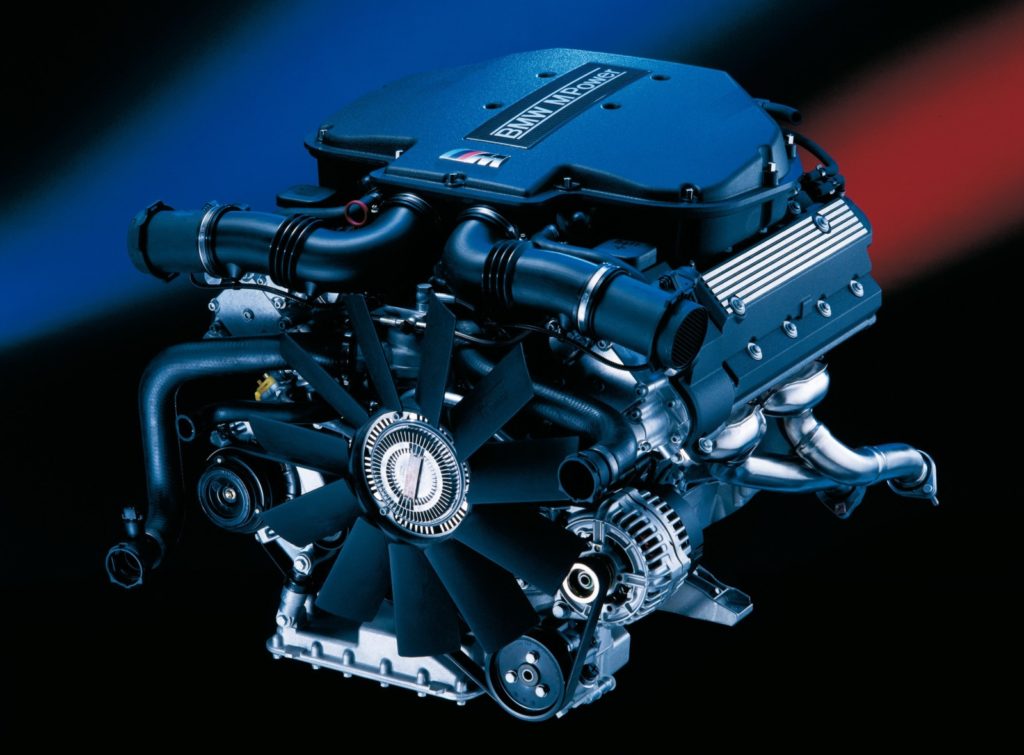Typical Concerns Faced by BMW Engine Owners and Exactly How to Address Them
Typical Concerns Faced by BMW Engine Owners and Exactly How to Address Them
Blog Article
Revealing the Intricacies of Next-Generation Power Units: a Deep Study Advanced Engine Layouts and Developments
As we stand on the precipice of a new era in transport, the intricacies of next-generation engine designs bid us to explore the advanced innovations and developments that guarantee to redefine the driving experience. Digging much deeper into the worlds of exhaust control, intelligent engine administration systems, and the perspective of power unit advancement, we find ourselves on the cusp of an improvement that promises to improve the landscape of wheelchair as we understand it.
Evolution of Engine Materials

The change towards advanced engine materials has actually additionally allowed engineers to develop engines with greater power outputs while maintaining gas efficiency requirements. For instance, the use of lightweight products reduces the overall weight of the engine, leading to boosted gas economic situation and lower emissions. Furthermore, advancements in materials technology have enabled better thermal management within engines, causing raised integrity and longevity.
Turbocharging and Supercharging Technologies
Exactly How do Turbocharging and Supercharging Technologies transform engine performance and effectiveness in modern-day lorries? Turbo charging and turbocharging are modern technologies that significantly enhance engine efficiency by boosting the quantity of air intake right into the combustion chamber. Turbocharging attains this by utilizing a turbine driven by exhaust gases to pressurize the intake air, while supercharging uses a belt- or chain-driven compressor to attain the very same result.
These modern technologies make it possible for smaller sized, much more fuel-efficient engines to create power equal to bigger ones, called downsizing. By requiring more air into the cyndrical tubes, turbocharging and supercharging boost combustion performance, causing raised horsepower and torque result without a significant boost in engine dimension. This causes far better velocity, lugging ability, and total driving performance.
In addition, turbocharging and turbo charging contribute to boosted fuel performance by enabling the use of smaller sized engines that consume much less gas under regular driving conditions - bmw engine. This combination of enhanced efficiency and performance has made turbocharging and supercharging indispensable components of several modern engine layouts
Discharge Control and Environmental Influence
With boosting worldwide problems pertaining to air quality and environmental sustainability, the application of discharge control technologies in automobiles plays a vital function in minimizing unsafe toxins released into the environment. Modern cars are geared up with sophisticated exhaust control systems that help minimize the environmental impact of auto procedures. Catalytic converters, as an example, are designed to convert toxic gases such as carbon monoxide, nitrogen oxides, and hydrocarbons right into less damaging compounds like co2 and water vapor.
Furthermore, improvements in engine innovation, such as the integration of exhaust gas recirculation systems and discerning catalytic reduction, have actually dramatically added to decreasing exhausts. These innovations operate in tandem to optimize combustion efficiency and decrease the launch of dangerous toxins right into the air. Furthermore, the advancement of crossbreed and electrical vehicles stands for a crucial step in the direction of minimizing the overall environmental footprint of the transportation market.
Intelligent Engine Administration Equipment

In addition, these systems allow lorries to fulfill strict emissions criteria without endangering efficiency, giving an extra environmentally friendly driving experience. The integration of synthetic knowledge and artificial intelligence abilities in engine monitoring systems continues to push the limits of what is feasible, bring about more renovations in effectiveness, dependability, and overall car performance. bmw engine. As vehicle technology developments, intelligent engine management systems will play an important duty in forming the future of transport in the direction of a more efficient and lasting instructions
Future Trends in Power Device Growth
As intelligent engine monitoring systems lead the way for enhanced control and optimization in modern-day automobiles, future trends in power unit growth are poised to redefine the landscape of automobile propulsion innovations. These different power sources offer boosted effectiveness and performance while aligning with stringent ecological regulations.
One more substantial trend is the combination of innovative products and making techniques. Light-weight materials such as carbon fiber and aluminum are being made use of to decrease total car weight, boosting fuel efficiency and efficiency. In addition, developments in 3D printing and additive production are making it possible for the manufacturing of complex engine elements with higher accuracy and durability.
Moreover, expert system and artificial intelligence are playing a critical function in optimizing power unit performance. These innovations allow for real-time monitoring and adaptive control, causing much more trustworthy and reliable power shipment. In general, future patterns in power system development are tailored in the direction of performance, effectiveness, and sustainability, driving the vehicle sector towards a new period of propulsion innovations.

Conclusion
In verdict, the advancements in engine materials, turbocharging, discharge control, and intelligent administration systems have try this web-site paved the means for next-generation power devices. The elaborate designs and technologies in modern engines display the continuous advancement of automotive modern technology.
Exploring the dynamic innovations in engine materials has been critical in improving the performance and performance of modern engines. Over the years, the advancement of engine materials has actually played an essential duty in pressing the limits of what engines can attain.The change in the direction of advanced engine materials has actually likewise made it possible for engineers to design engines with greater power outputs while maintaining fuel effectiveness requirements.The application of intelligent engine administration systems in modern-day automobiles has actually revolutionized the method engines are regulated and enhanced for performance and performance. By collecting information in real-time and assessing it with sophisticated algorithms, intelligent engine management systems can adjust to driving designs, ecological factors, and engine wellness to make best use of power output while lessening fuel intake and exhausts.
Report this page